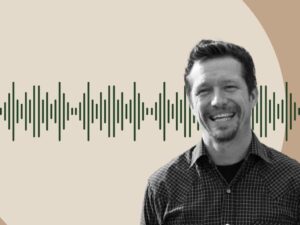
May 15, 2017; Washington Post
Affordable housing in Northern Virginia is scarce, a problem common to most major metropolitan areas in the United States. At the annual State of Affordable Housing seminar, more than 120 experts and activists met to discuss innovative ways to introduce more affordable housing into the Northern Virginia and D.C. area. Meanwhile, a group of high-level policy makers met at the Metropolitan Washington Council of Governments—a 501(c)(3) nonprofit that serves the national capital region—to discuss the same, with hopes of creating a work group to tackle this challenge.
As discussed before in this space, enacting effective affordable housing policy is a difficult and potentially politically charged task. The goal is to reduce building costs while finding ways to build more units in the same amount of space. For example, the church holding the seminar sold the air rights above its property to a developer, who will in turn use that space to build apartments. Creative solutions like this are what this group is after.
There are several potential solutions to the complex and seemingly perpetual puzzle of affordable housing. Among the policy suggestions listed in an Urban Institute study from 2014 are creative zoning measures, accessory dwelling units, and rent controls. While in extreme cases rent controls can lead to somewhat negative outcomes, the other policy suggestions in the Urban Institute study are in line with the goals of the brain trust in Northern Virginia.
Sign up for our free newsletters
Subscribe to NPQ's newsletters to have our top stories delivered directly to your inbox.
By signing up, you agree to our privacy policy and terms of use, and to receive messages from NPQ and our partners.
Permitting and other pre-build and early-stage costs can be prohibitive, and at the very least delay construction. Meanwhile, zoning restrictions prevent building residences in some areas. Sometimes, this means parts of a town are off limits; in other cases, buildings cannot exceed a certain height. In either case, limiting the spaces where housing can be built artificially restricts the supply of units.
Creative zoning and reduced regulation in the planning process serve to solve these conundrums. By advocating for relaxed zoning, proposing allowances to accessory dwelling units—apartments on land already occupied by the owner—and other creative methods of increasing the supply of housing, affordable housing advocates will find the most effective way to reach their goals.
As tempting as it may be to address only the unpleasant result—i.e., stiflingly high rents, by restricting the money a landlord can earn through providing housing, the end result will likely be an even greater shortage of affordable housing. Smart policy will be that which finds a way to unfetter the groups that will build housing. Hopefully, advocates like Metropolitan Washington Council of Governments will make it happen.—Sean Watterson













